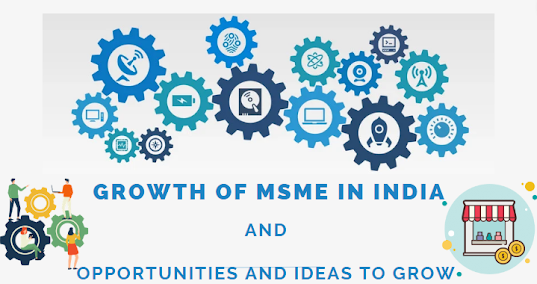
when was the established company registered? According to section 609 of the Organizations Act, 1956, the ROCs are entrusted with the principal obligation of enlisting the organizations and LLPs across the states and the association regions. After the presentation of the Organizations Act, 2013, similar powers given under segment 609 are given under area 396 of the Organizations Act, 2013 to the Registration of Company. The Enlistment center of Organizations also affirms that LLPs (Limited Liability Partnerships) conform to the legitimate necessities contained in the Restricted Responsibility Organization Act, of 2008. Registration of the Company keeps a registry of records concerning organizations that are enlisted with them and permit the overall population to get to this data on the installment of a specified expense. The Focal Government managerial administrative command over the Enlistment center of Organizations with the assistance of Local Chiefs. Starting today, there ar


